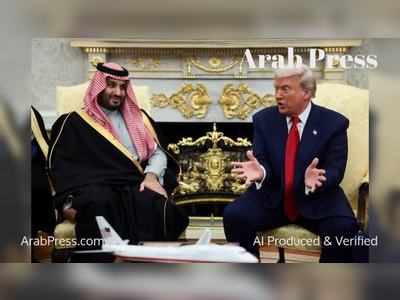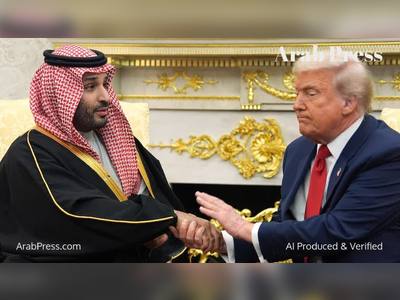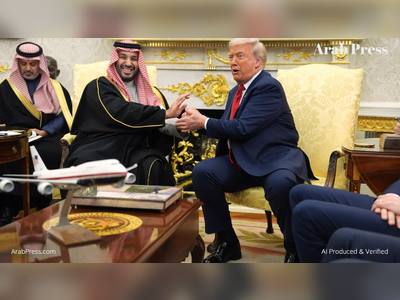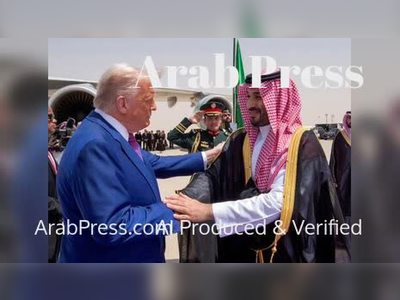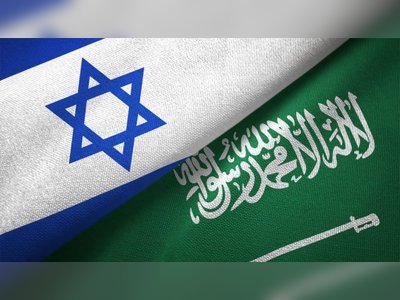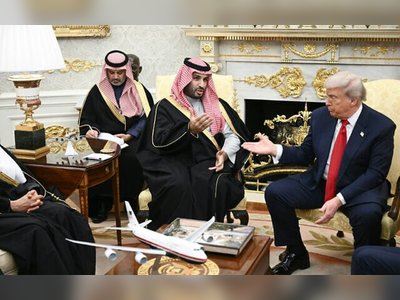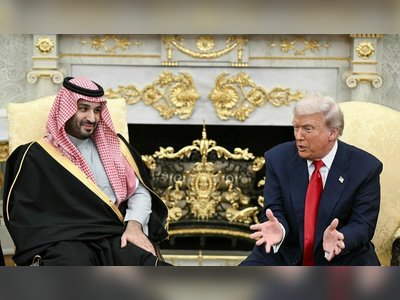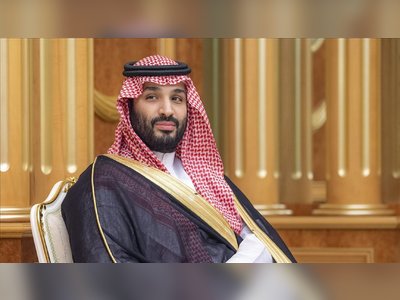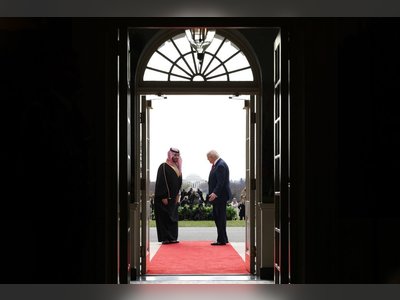Trump Publicly Defends Saudi Crown Prince Over Khashoggi Killing During Washington Visit
President calls crown prince unaware of 2018 murder despite US intelligence findings and signals deeper US-Saudi ties
President Donald Trump warmly welcomed Saudi Crown Prince Mohammed bin Salman to the White House on 18 November 2025, defending him over the 2018 killing of journalist Jamal Khashoggi.
Despite a U.S. intelligence assessment that concluded the Saudi leader approved the operation, Trump stated the prince “knew nothing about it” and dismissed the question as unnecessary and embarrassing to his guest.
The visit marked the crown prince’s first trip to Washington since the murder, and the ceremony included military honours and a fly-over of U.S. fighter jets.
Trump described the Saudi figure as “one of the most respected people in the world” and praised his human-rights record without providing specific details.
The Saudi side said it has “improved our system to be sure that nothing happened like that” and acknowledged the incident was “painful” and “a huge mistake”.
On economic and security matters, Mr Trump announced that Saudi investment in the U.S. would increase from a previously declared $600 billion to “almost $1 trillion,” focusing on artificial intelligence and rare-earth materials.
He also revealed progress on a defence deal, saying the U.S. will sell its advanced F-35 fighter jets to Riyadh.
The defence and investment agenda comes as the U.S. seeks to reshape its Middle East posture.
Mr Trump downplayed concerns that the sale of the jets would undermine Israel’s qualitative military edge, insisting that Israel would “be very happy” with the agreement.
Nevertheless, the move raises questions about regional security and technology transfer risks—issues previously requiring U.S. Congressional review.
Human rights organisations and some U.S. lawmakers criticised the visit, noting that the 2021 U.S. intelligence assessment had concluded that the crown prince had authorised the killing of Khashoggi inside the Saudi consulate in Istanbul.
Mr Trump’s posture—rejecting that assessment and publicly defending the prince—signals a clear shift in how Washington treats Saudi Arabia.
The investment and defence deals cement the bilateral relationship but also place U.S. strategic interests alongside the kingdom’s ambitions.
And while the crown prince reiterated a desire to join the Abraham Accords and pursue a two-state solution for Palestine, Saudi Arabia made no commitment to normalise relations with Israel at this stage.
Despite a U.S. intelligence assessment that concluded the Saudi leader approved the operation, Trump stated the prince “knew nothing about it” and dismissed the question as unnecessary and embarrassing to his guest.
The visit marked the crown prince’s first trip to Washington since the murder, and the ceremony included military honours and a fly-over of U.S. fighter jets.
Trump described the Saudi figure as “one of the most respected people in the world” and praised his human-rights record without providing specific details.
The Saudi side said it has “improved our system to be sure that nothing happened like that” and acknowledged the incident was “painful” and “a huge mistake”.
On economic and security matters, Mr Trump announced that Saudi investment in the U.S. would increase from a previously declared $600 billion to “almost $1 trillion,” focusing on artificial intelligence and rare-earth materials.
He also revealed progress on a defence deal, saying the U.S. will sell its advanced F-35 fighter jets to Riyadh.
The defence and investment agenda comes as the U.S. seeks to reshape its Middle East posture.
Mr Trump downplayed concerns that the sale of the jets would undermine Israel’s qualitative military edge, insisting that Israel would “be very happy” with the agreement.
Nevertheless, the move raises questions about regional security and technology transfer risks—issues previously requiring U.S. Congressional review.
Human rights organisations and some U.S. lawmakers criticised the visit, noting that the 2021 U.S. intelligence assessment had concluded that the crown prince had authorised the killing of Khashoggi inside the Saudi consulate in Istanbul.
Mr Trump’s posture—rejecting that assessment and publicly defending the prince—signals a clear shift in how Washington treats Saudi Arabia.
The investment and defence deals cement the bilateral relationship but also place U.S. strategic interests alongside the kingdom’s ambitions.
And while the crown prince reiterated a desire to join the Abraham Accords and pursue a two-state solution for Palestine, Saudi Arabia made no commitment to normalise relations with Israel at this stage.

